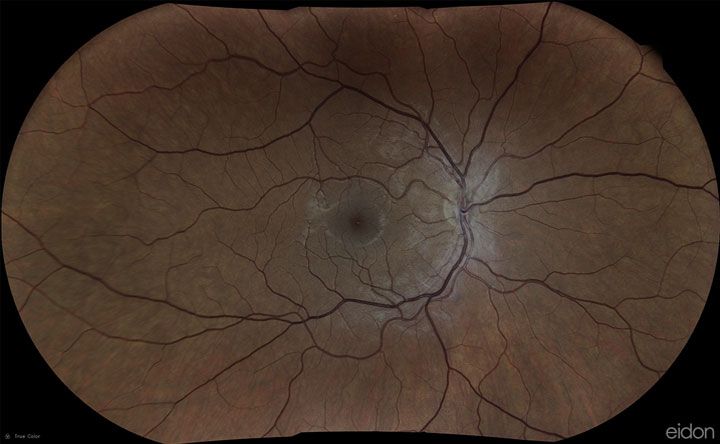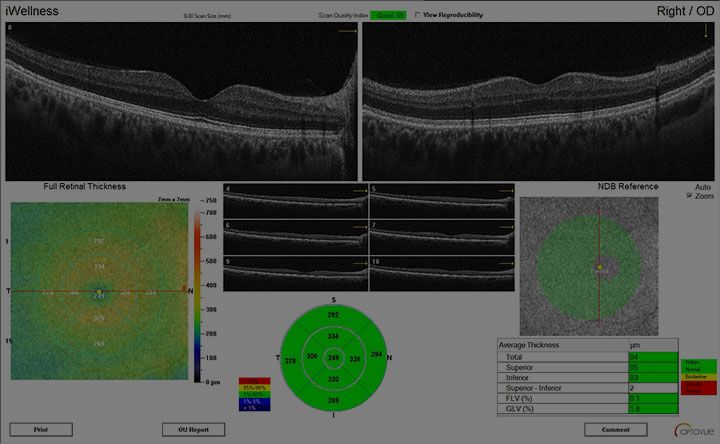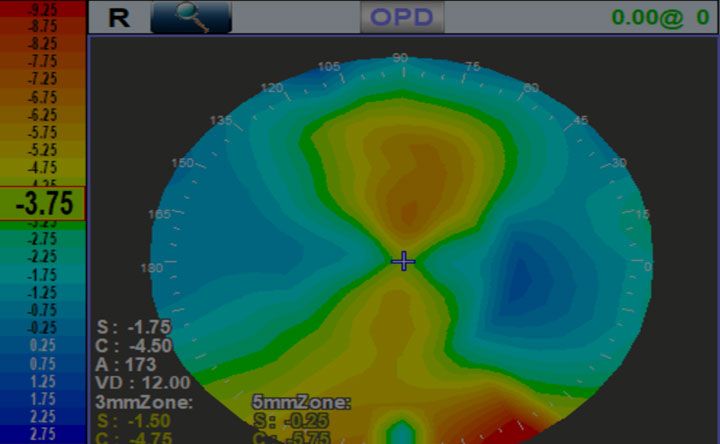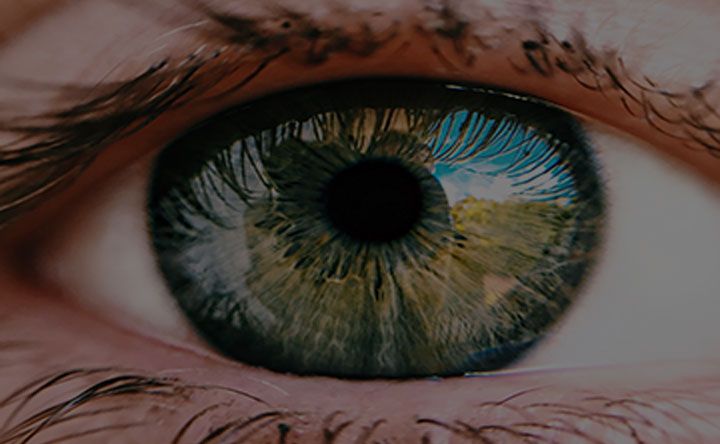EYECARE
ADULT EYE EXAMS
TESTS INCLUDE:
- Checking visual acuity
- Checking refractive error (eyewear prescription)
- Retinal imaging
- Evaluating pupils
- Examining the external eye structures
- Measuring the intraocular pressure
- Evaluating the optic nerve, lens and macula
A comprehensive eye exam is not only to update your eyewear prescription; it is an important part of preventive healthcare. During an eye exam, our doctors assess your overall eye health to ensure that you will see clearly for years to come. As suggested by the American Optometric Association, we recommend having an eye exam once per year, or more often if you are at higher risk for ocular disease. Our doctors are able to diagnose and manage many conditions including: glaucoma, cataracts, dry eye disease, macular degeneration, conjunctivitis (pink eye) and diabetic retinopathy.
Most importantly, our doctors listen to your concerns and find the best solution to fit your needs.
Did You Know?
The human eye is made up of over two million working parts.
CONTACT LENS EXAMS & FITTINGS
Whether you want to wear contact lenses full-time or only on special occasions, we will find the right lenses for your eyes. Daily disposable contact lenses are the healthiest and most comfortable and convenient option; no contact lens solution or cleaning regimen is required! Monthly disposable lenses are another popular choice; they require solution to disinfect the lenses overnight and they are disposed of after a month of wear. A contact lens exam begins with a comprehensive eye exam so that our doctors can be sure that your eyes are healthy and to find the best prescription for your contact lenses. Contact lenses are available in all prescription types, including astigmatism and multifocals.
Did You Know?
Humans can see more shades of green than any other color.
DIABETIC EXAMS
Diabetic patients are at higher risk for vision loss; in fact, diabetic retinopathy is the leading cause of blindness in working-age adults. For this reason, it is important that patients with diabetes have yearly eye exams along with dilation and/or retinal imaging to closely monitor the retina for signs of damage. Some patients may require more frequent retinal examinations, depending on the severity of their disease. Besides retinal damage, diabetics are more at risk for developing cataracts at an earlier age, and twice as likely to develop glaucoma.
The eye is the only place in the body where the blood vessels can be seen non-invasively; this is why primary care doctors push their diabetic patients to have regular eye exams. Diabetes causes an imbalance in blood sugar, which damages the blood vessels and can cause leakage in the eye. During early stages of diabetic retinopathy, there are no symptoms. Once the patient notices their vision deteriorating, it is difficult (and sometimes impossible) to restore their vision. Early detection is imperative!





